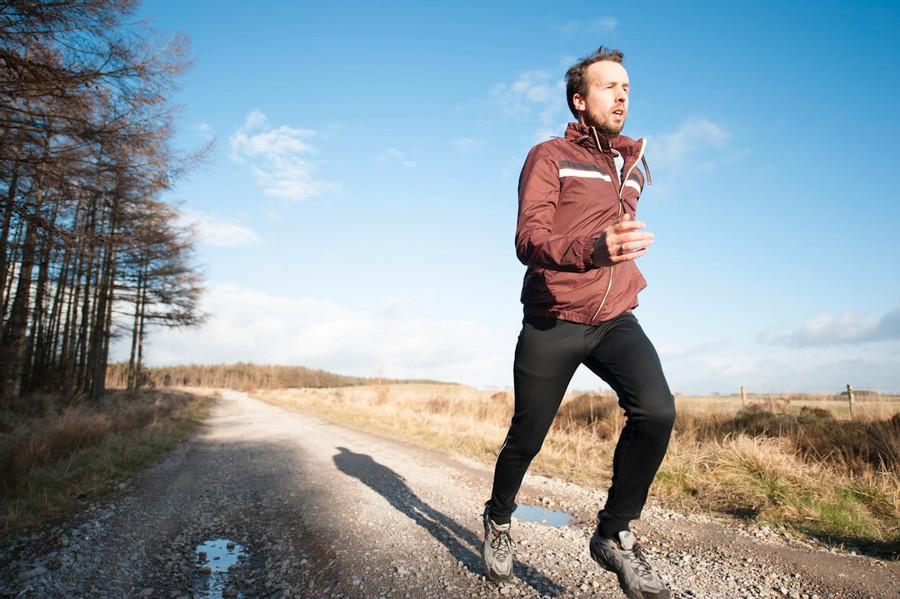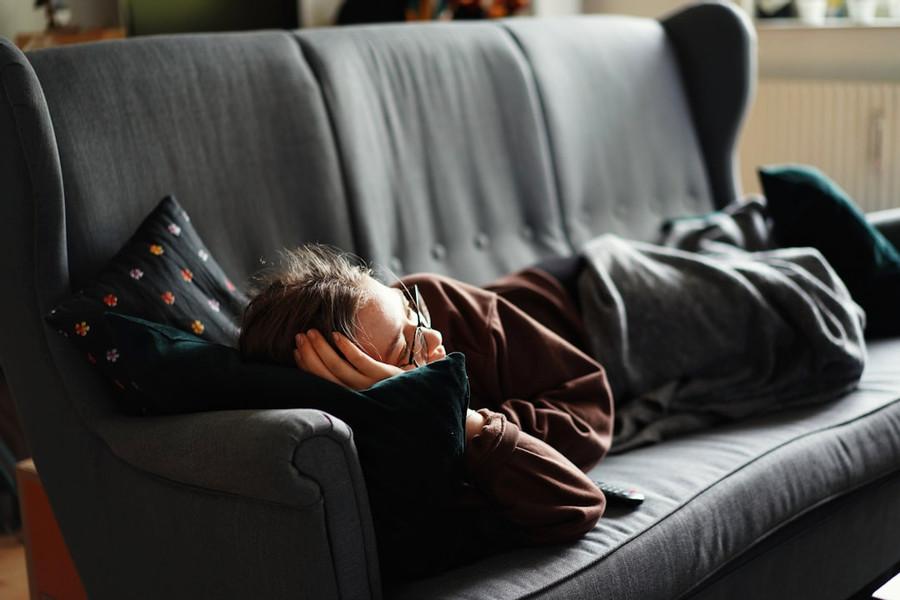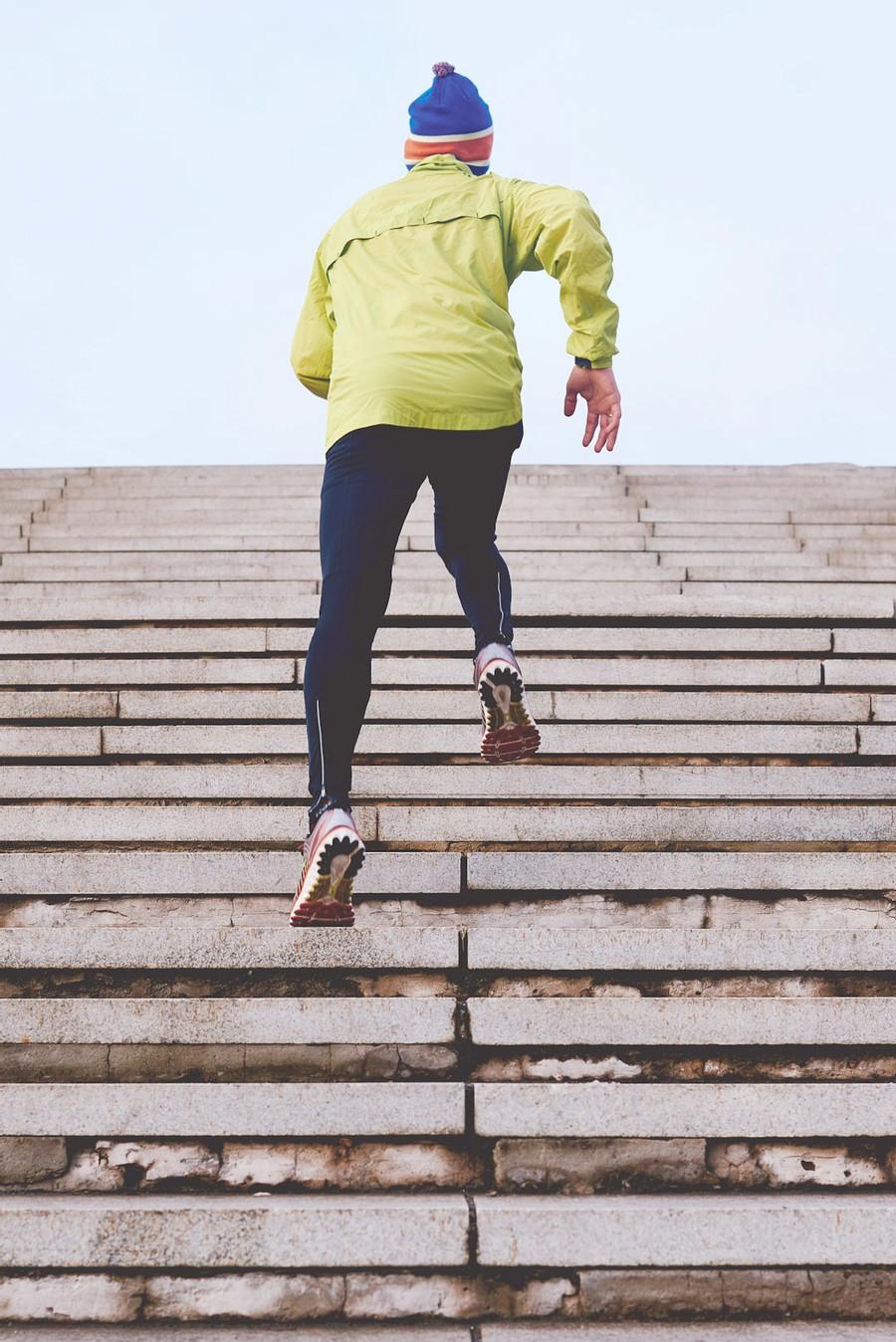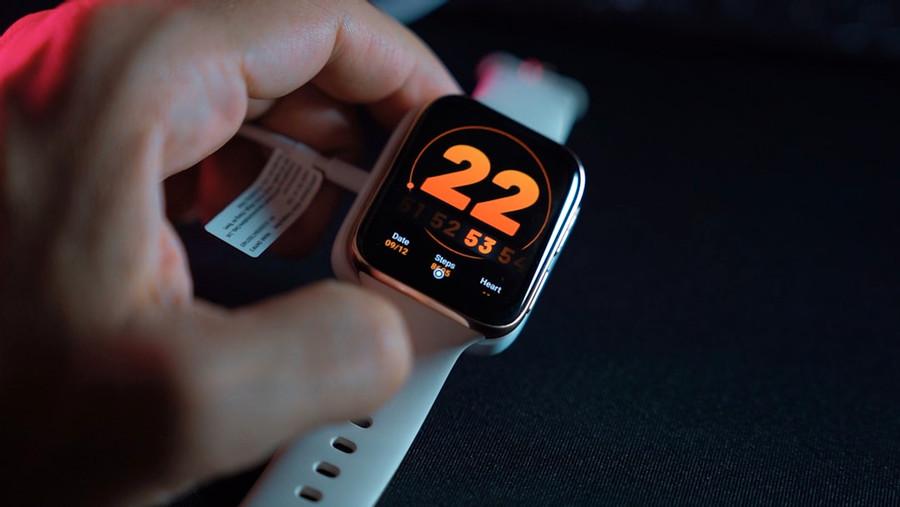Explore the World's Best Ideas
Join today and uncover 100+ curated journeys from 50+ topics. Unlock access to our mobile app with extensive features.
Another Failed Resolution
With the end of the Covid-19 pandemic now plausibly in sight, 70% of Britons say they hope to eat a healthier diet, lose weight and exercise more. But how? Every year, millions of people vow to be more physically active, but the vast majority of these resolutions fail. We all know what happens. After a week or two of sticking to a new exercise regime, we gradually slip back into old habits and then feel bad about ourselves.
17
162 reads
Too Rich To Exercise
Most adults in high-income countries, such as the UK and US, don’t get the minimum of 150 minutes per week of physical activity recommended by most health professionals. Everyone knows exercise is healthy, but prescribing and selling it rarely works.
We all believe we should exercise more. So why is it so hard to keep it up?
We list the most common and unhelpful workout myths.
17
187 reads
Myth 1: It’s Normal to Exercise
Exercise is a voluntary physical activity undertaken for the sake of fitness. You may think exercise is normal, but it’s a very modern behaviour. Instead, for millions of years, humans were physically active for only two reasons: when it was necessary or rewarding. Necessary physical activities included getting food and doing other things to survive. Rewarding activities included playing, dancing or training to have fun or to develop skills.
But no one in the stone age ever went for a five-mile jog to stave off decrepitude, or lifted weights whose sole purpose was to be lifted.
20
183 reads
Myth 2: Avoiding Exertion Means You Are Lazy
When food is limited, every calorie spent on physical activity is a calorie not spent on other critical functions, such as maintaining our bodies, storing energy and reproducing.
Because natural selection ultimately cares only about how many offspring we have, our hunter-gatherer ancestors evolved to avoid needless exertion – exercise – unless it was rewarding. So don’t feel bad about the natural instincts that are still with us. Instead, accept that they are normal and hard to overcome.
18
158 reads
Myth 3: Sitting Is the New Smoking
Let’s not demonise a behaviour as normal as sitting. People in every culture sit a lot. Even hunter-gatherers who lack furniture sit about 10 hours a day, as much as most westerners. But there are more and less healthy ways to sit. Studies show that people who sit actively by getting up every 10 or 15 minutes wake up their metabolisms and enjoy better long-term health than those who sit inertly for hours on end.
If you work all day in a chair, get up regularly, fidget and try not to spend the rest of the day in a chair, too.
19
143 reads
Myth 4: Our Ancestors Were Hard-Working, Strong and Fast
A common myth is that people uncontaminated by civilisation are incredible natural-born athletes who are super-strong, super-fast and able to run marathons easily. Not true. Most hunter-gatherers are reasonably fit, but they are only moderately strong and not especially fast. Their lives aren’t easy, but on average they spend only about two to three hours a day doing moderate-to-vigorous physical activity. It is neither normal nor necessary to be ultra-fit and ultra-strong.
18
157 reads
Myth 5: You Can’t Lose Weight Walking
Until recently just about every weight-loss programme involved exercise.
The truth is that you can lose more weight much faster through diet rather than exercise, especially moderate exercise such as 150 minutes a week of brisk walking. However, longer durations and higher intensities of exercise have been shown to promote gradual weight loss. Regular exercise also helps prevent weight gain or regain after diet. Every diet benefits from including exercise.
18
144 reads
Myth 6: Running Will Wear out Your Knees
Many people are scared of running because they’re afraid it will ruin their knees. These worries aren’t totally unfounded since knees are indeed the most common location of runners’ injuries. But knees and other joints aren’t like a car’s shock absorbers that wear out with overuse. Instead, running, walking and other activities have been shown to keep knees healthy, and numerous high-quality studies show that runners are, if anything, less likely to develop knee osteoarthritis. The strategy to avoid knee pain is to learn to run properly and train sensibly.
18
121 reads
Myth 7: It’s Normal to Be Less Active as We Age
Despite rumours that our ancestors’ life was nasty, brutish and short, hunter-gatherers who survive childhood typically live about seven decades, and they continue to work moderately as they age. The truth is we evolved to be grandparents in order to be active in order to provide food for our children and grandchildren. In turn, staying physically active as we age stimulates myriad repair and maintenance processes that keep our bodies humming. Numerous studies find that exercise is healthier the older we get.
19
110 reads
Myth 8: There Is an Optimal Dose/type of Exercise
Many medical professionals follow the World Health Organisation’s recommendation of at least 150 minutes a week of moderate or 75 minutes a week of vigorous exercise for adults. In truth, this is an arbitrary prescription because how much to exercise depends on dozens of factors, such as your fitness, age, injury history and health concerns. Remember this: no matter how unfit you are, even a little exercise is better than none.
18
116 reads
Myth 9: ‘just Do It’ Works
Most people don’t like exercise and have to overcome natural tendencies to avoid it. For most of us, telling us to “just do it” doesn’t work any better than telling a smoker or a substance abuser to “just say no!” To promote exercise, we typically prescribe it and sell it, but let’s remember that we evolved to be physically active for only two reasons: it was necessary or rewarding.
So let’s find ways to do both: make it necessary and rewarding. For example: if you agree to meet friends to exercise regularly you’ll be obliged to show up, you’ll have fun and you’ll keep each other going.
17
110 reads
Myth 10: Exercise Is a Magic Bullet
Let’s not oversell exercise as medicine. Although we never evolved to exercise, we did evolve to be physically active just as we evolved to drink water, breathe air and have friends. Thus, it’s the absence of physical activity that makes us more vulnerable to many illnesses, both physical and mental. In the modern, western world we no longer have to be physically active, so we invented exercise, but it is not a magic bullet that guarantees good health.
19
119 reads
IDEAS CURATED BY
CURATOR'S NOTE
It's not normal to exercise.
“
Liza Mills's ideas are part of this journey:
Learn more about health with this collection
The role of coffee in social interactions
Different types of coffee and their preparation
The impact of coffee on society and economy
Related collections
Similar ideas
10 ideas
Just don’t do it: 10 exercise myths
theguardian.com
6 ideas
This Is How To Have A Long Awesome Life
bakadesuyo.com
Read & Learn
20x Faster
without
deepstash
with
deepstash
with
deepstash
Personalized microlearning
—
100+ Learning Journeys
—
Access to 200,000+ ideas
—
Access to the mobile app
—
Unlimited idea saving
—
—
Unlimited history
—
—
Unlimited listening to ideas
—
—
Downloading & offline access
—
—
Supercharge your mind with one idea per day
Enter your email and spend 1 minute every day to learn something new.
I agree to receive email updates











